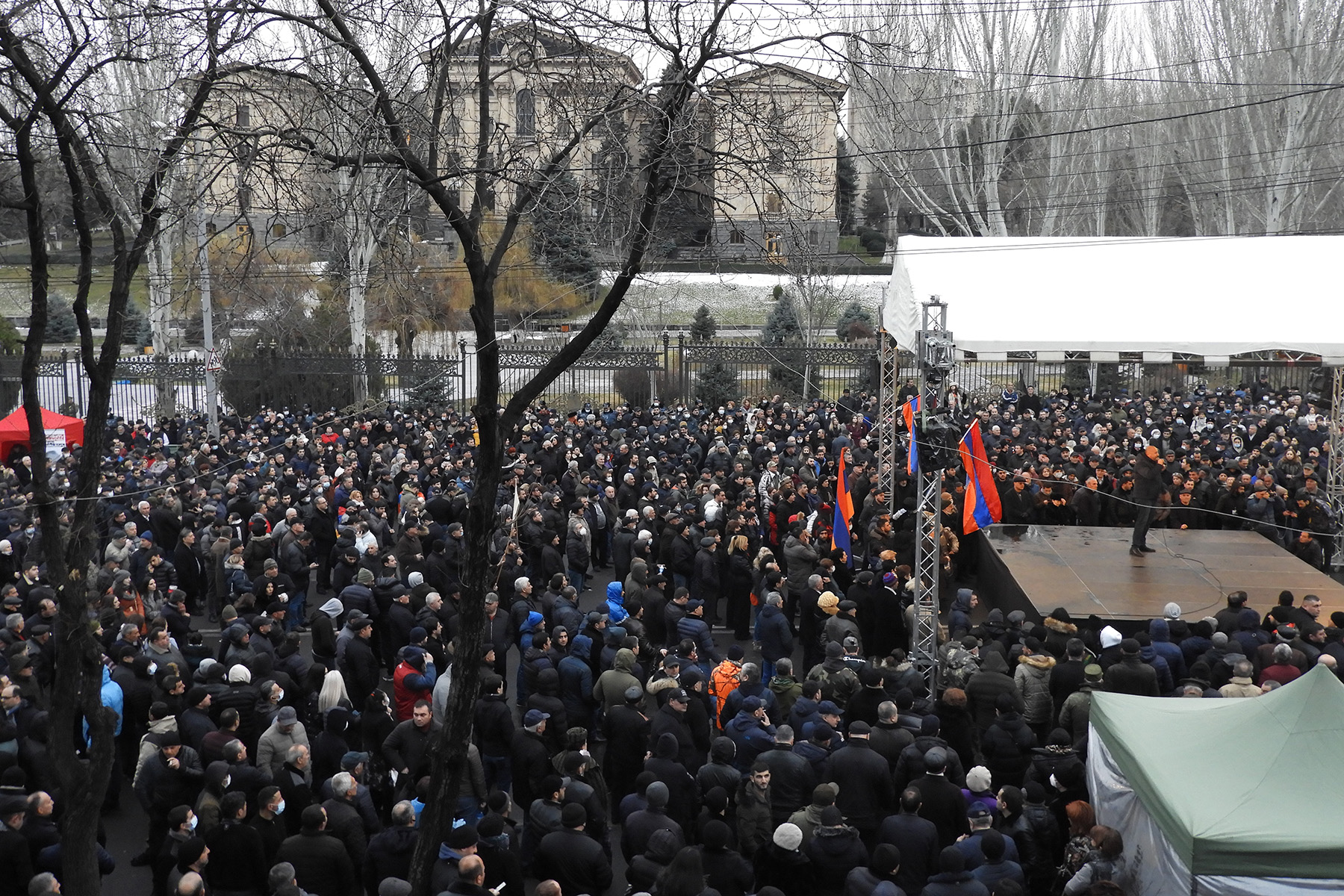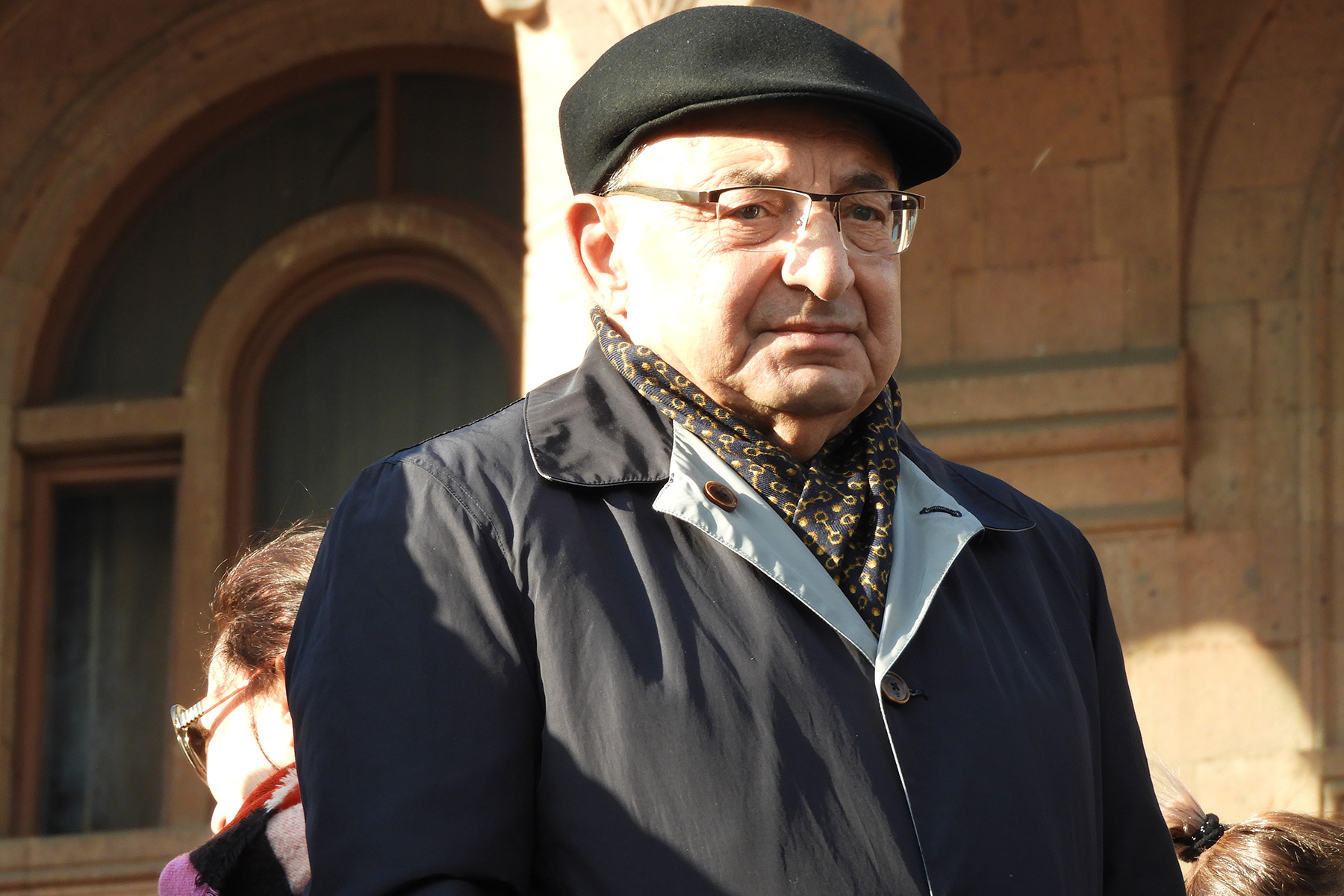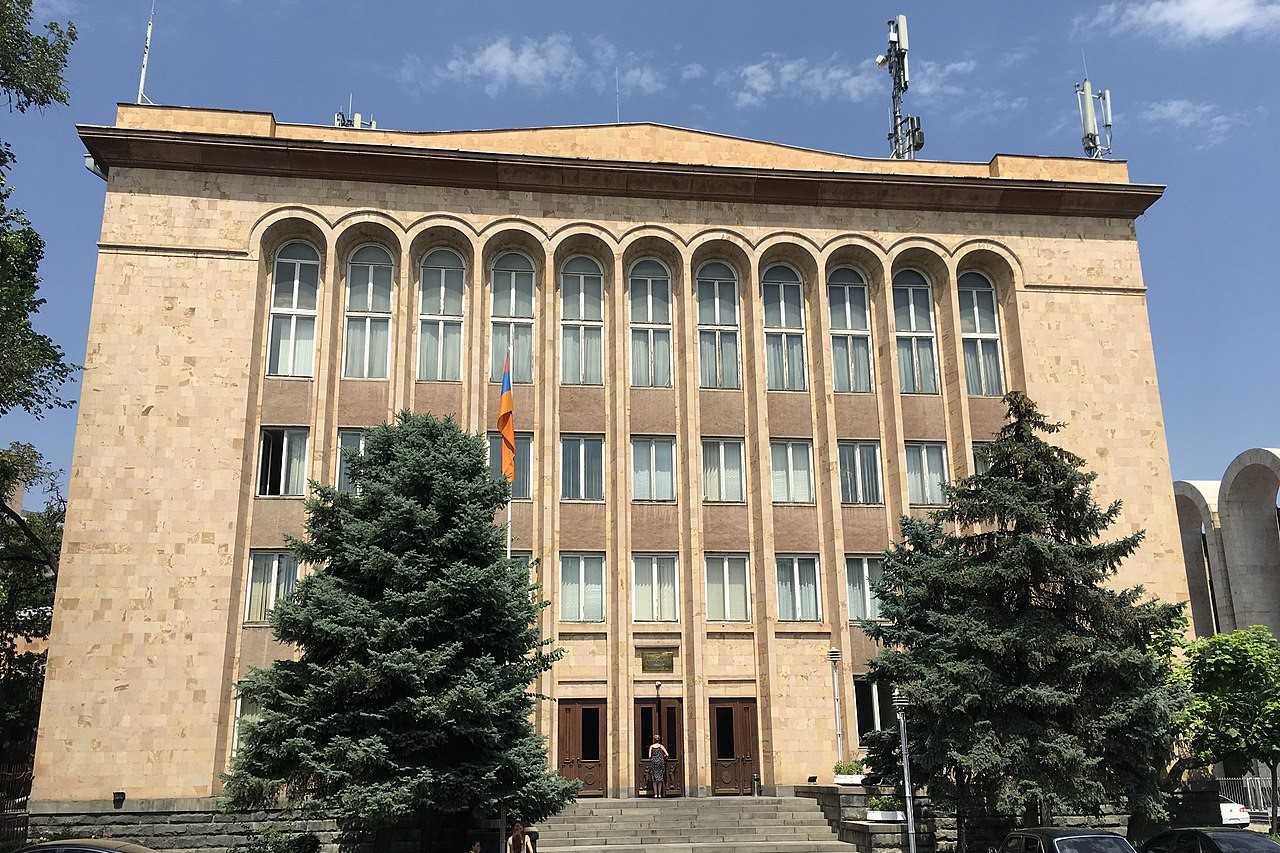Pashinyan announces changes to electoral system before elections

Prime Minister Nikol Pashinyan has announced that amendments to Armenia’s electoral code will be passed before 20 June parliamentary elections.
According to Pashinyan, parliament will make ‘simple’ changes to the system by removing the ‘rating’ or ‘open proportional’ system and adopting a ‘closed proportional’ system.
The current system allows people to vote not only for the party of their choice, but also for their preferred candidates within that party. Critics say it has allowed popular individual candidates to have a disproportionate effect on the results.
Pashinyan announced the snap elections on 18 March after reaching an agreement with parliamentary opposition parties Prosperous Armenia and Bright Armenia. They came as he faced mounting pressure to resign over his handling of the war in Nagorno-Karabakh.
[Read on OC Media: Analysis | What to expect in Armenia’s first post-war election?]

Answering questions in parliament on Wednesday, Pashinyan said the changes were not part of their agreement with the opposition.
‘During our conversations, we heard that both the Prosperous Armenia Party and Bright Armenia Party will leave the issue to the discretion of the parliamentary majority’, he said.
The government recently stated that there was no need for consensus to change the Electoral Code before the elections, leading to concern from the opposition.
Gevorg Gorgisyan of Bright Armenia stated that changing the legislation without their consent would be seen as a ‘violation of the agreements’.
‘You cannot change the rules of the game during the game’, the party’s leader Edmon Marukyan said.
MPs from the Prosperous Armenia party stated that it would not make a difference to them if the elections were held under the new or the old electoral code.
The draft amendments have been sent to the Venice Commission, an advisory body of the Council of Europe, for an opinion, which the commission has said will be issued by 20 April.
The government first initiated electoral reforms before the previous snap elections in December 2018, however, the Republican party, who still held a majority in parliament at the time, rejected the bill.
Since then, a commission has been working on amendments to the Electoral Code, which were presented to Parliament earlier this month.
Both parliamentary and non-parliamentary opposition forces, including the former ruling Republican party, as well as a number of newly founded political parties, plan to contest in June’s elections.
This includes former president Robert Kocharyan, who has not yet stated which party he will align with.
Vazgen Manukyan, the candidate for Prime Minister of the Homeland Salvation Movement has stated he will not run in the election.

The group, which does not have any MPs in parliament and has not agreed to new elections under the current government, continues to protest near parliament calling for Pashinyan’s resignation.








